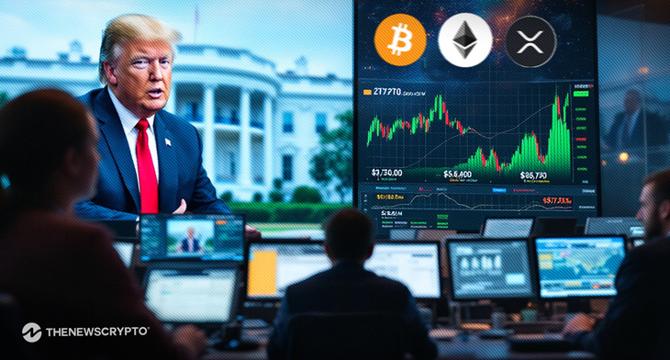TheNewsCrypto
1M
201

Image Credit: TheNewsCrypto
The Impact of Political Events on Cryptocurrency Markets
- Political events, such as elections, have a significant impact on cryptocurrency markets, influencing market volatility based on candidates' policies and stances on digital assets.
- Geopolitical tensions, like the Russia-Ukraine war, can drive the use of Bitcoin as a hedge against instability, showcasing the connection between global events and crypto adoption.
- Regulations play a critical role in shaping cryptocurrency markets, with pro-crypto policies usually leading to price increases and restrictive measures driving investors away.
- Central bank decisions and monetary policies affect cryptocurrency demand, with changes in interest rates and liquidity impacting market behavior and investment decisions.
- Geopolitical conflicts create financial uncertainty, prompting investors to seek safe-haven assets like Bitcoin as a digital alternative, especially during times of economic instability.
- Governments influence institutional participation in cryptocurrencies through regulatory approvals and policy decisions, impacting market dynamics and investor confidence.
- The future of cryptocurrency and politics remains intertwined, with regulatory developments and political decisions shaping the industry's trajectory and potential for mainstream adoption.
- Monitoring political events, regulations, and geopolitical tensions is crucial for traders to navigate market volatility and make informed investment choices in the evolving crypto landscape.
- Recent news includes a Bitcoin whale facing a coordinated liquidation effort over a $450 million short on Hyperliquid, showcasing the high stakes and risks involved in cryptocurrency trading.
Read Full Article
12 Likes
For uninterrupted reading, download the app